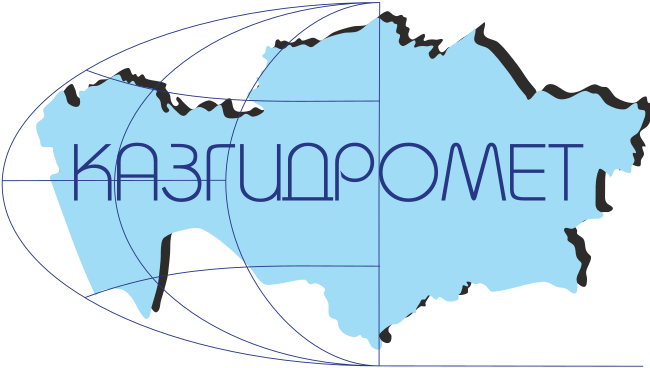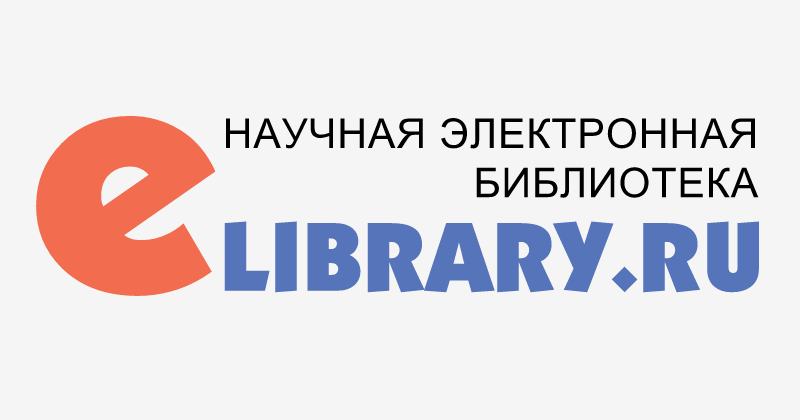WOMEN IN WATER RESOURCES MANAGEMENT: CASE STUDY OF WATER USER ASSOCIATIONS IN KARASUU DISTRICT, KYRGYZSTAN
DOI:
https://doi.org/10.54668/2789-6323-2023-109-2-34-51Keywords:
women, water user association, participation, education, Karasuu district, KyrgyzstanAbstract
The goal of the study is to learn the level of education and participation of women in Water User Associations of the Karasuu district and based on the results to develop recommendations for improving the role of women in WUAs.
This study uses field research in five WUAs, which located in different parts of Karasuu district. Questionnaires were taken from 10 women from each WUA in order to learn the level of education of women and their participation in WUA. Based on a field research, recommendations developed to improve the role of women in WUAs.
Most women in the WUA of Karasuu district are connected to the WUA through the work of family members or through their own position in the village leadership, which further increases their participation. For some, their husbands or male relatives attend meetings and therefore do not feel the need to participate themselves. Others, although interested in participating, but they did not know when and where these meetings were held. In order to promote the full participation of women, it is essential to raise public awareness of WUAs as a key player. However, questioners show that female farmers with higher education are more likely to participate in WUA meetings than women with school education.
References
Abdullaev, I., Kazbekov, J., Manthritilake, H., Jumaboev, K. (2009). Water user groups in Central Asia: emerging form of collective action in irrigation water management. Water Resource Manage. DOI 10.1007/s11269-009-9484-4
Gafurchonova Sobina, Khalikova Shakhodat, Rasulova Khairiniso, Bobokhanova Muyassara (2018).Final report on conducting focus groups with women in target WUAs. Khujand.
Haile, A. & Nigussie, Likimyelesh & Barron, Jennie & Lefore, Nicole & Gowing, John. (2018). Gender Dimensions of Community-based Groundwater Governance in Ethiopia: Using Citizen Science as an Entry Point. IWMI Working paper 184 https://www.researchgate.net/publication/283665621_The_challenges_facing_women_in_the_water_sector_profession
Ivanova N. I., Askaraliev B. O., Frolova G. P., Belenko V. A. (2021). Problems of water resources management in irrigation systems of Kyrgyzstan in the conditions of market economy. http://www.nccr-north-south.ch/Upload/B.Askaraliev-Managing%20water%20resources_ru.pdf
Maphosa-Dube, Beatrice. (2010). The challenges facing women in the water sector profession. Africanus. 40. 40-52.
Osh Basin Water Management Department (2021). Legal document "Charter". Department of Water Use. Osh, Kyrgyzstan.
Sakhvayeva, E.P. (2020). Gender mainstreaming in the water resource sector of the Kyrgyz Republic. In A.V. Mitusov (ed.), Practical Outlook on Gender Issues in the Water Resources Sector. Almaty: KGU. 94 – 97 (Translation from Russian) doi: 10.29258/CAJWR/2020_Proc.eng
Abdykalykov O., Baizhumanov D., Osmonaliev A., Tulegabylov N., Kim A., Koichumanova K., Plesovskikh R., Turdubaeva Ch. (2010). National Statistical Committee of the Kyrgyz Republic:Department of Population and Housing Census. Regions of Kyrgyzstan. Bishkek.





